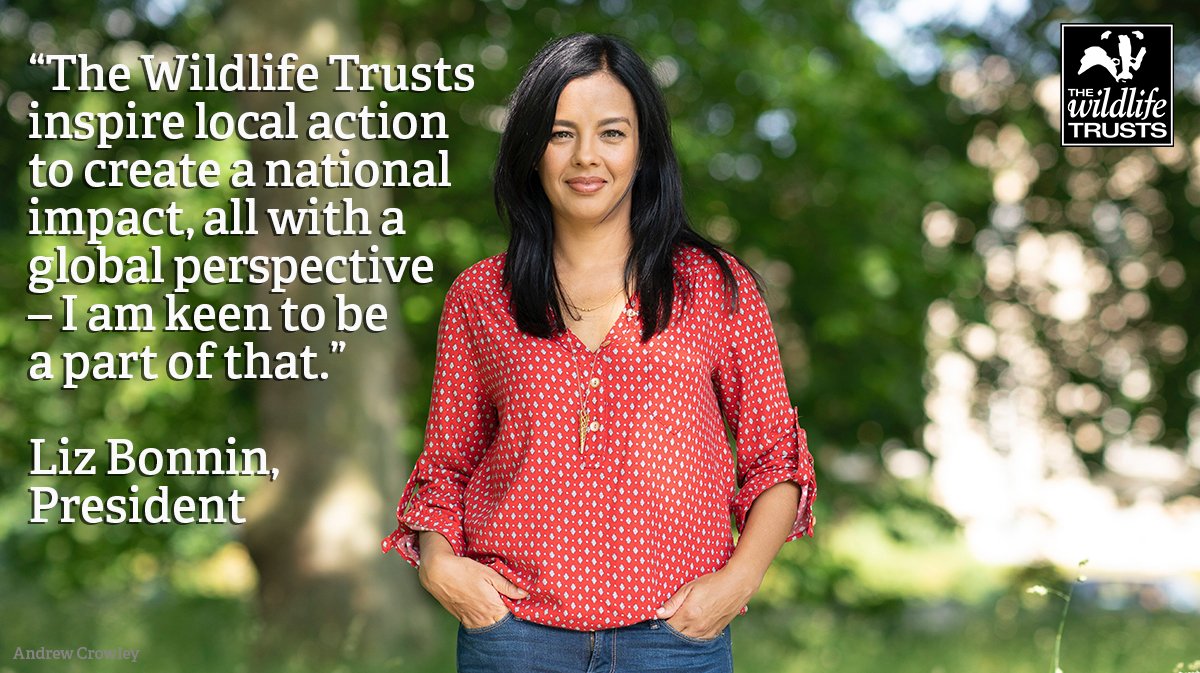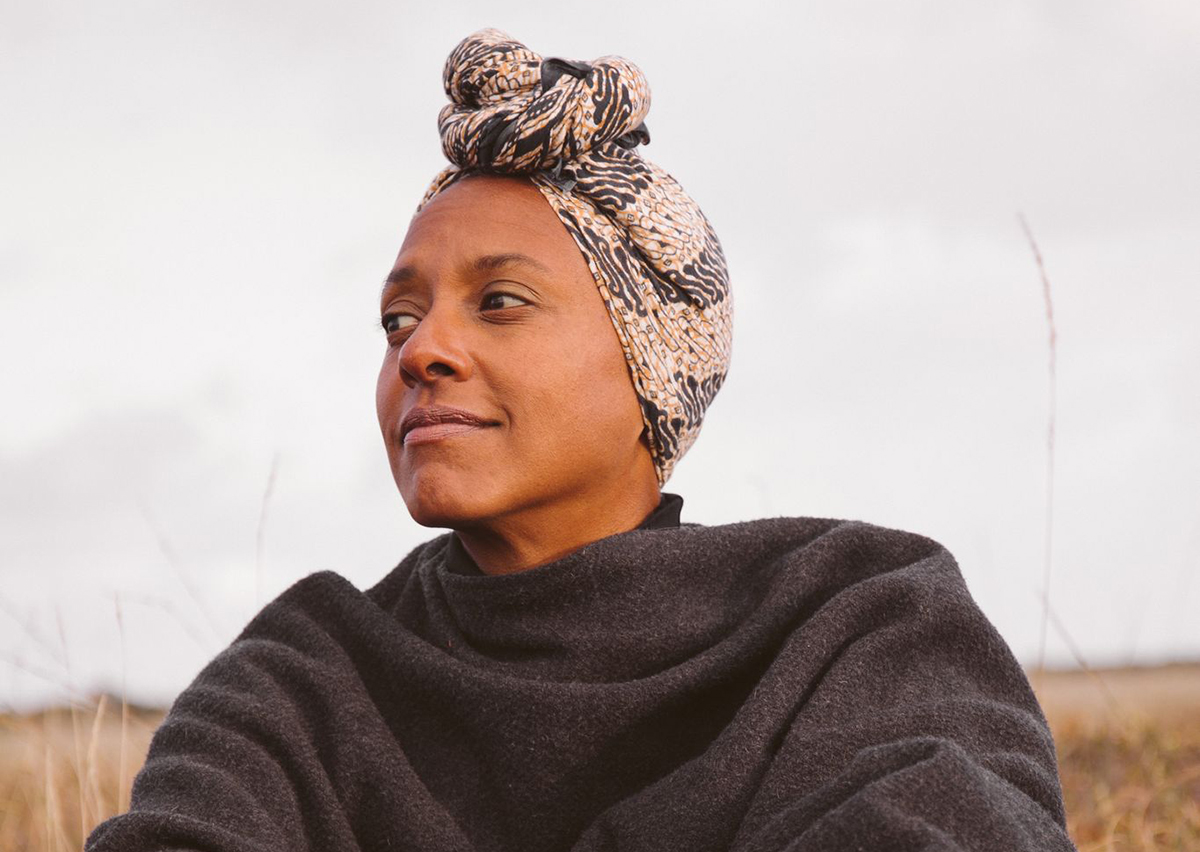
Today we're celebrating the arrival of the long fought-for sea sanctuaries where all damaging activities will be banned - Highly Protected Marine Areas (HPMAs) - the first of their kind in English seas! #WorldOceansDay 🌊 🐬 🦀 👇
wildlifetrusts.org/news/governmen…
wildlifetrusts.org/news/governmen…

We have called for #HPMAs for the last 3 years and our petition urging their speedy implementation was signed by over 10,000 people. HPMAs will give our degraded seas the best chance of recovery. 🐟🦞🐬 

Our director of policy and public affairs @JoanEdwards1 says: "This new type of marine protection will be the gold standard for rewilding parts of the sea. It’s a fantastic step-forward which we have been waiting for.”
#HPMAs will conserve our precious underwater wildlife on a large scale, providing space for nature and restocking our depleted waters. 

We'll be participating in the consultation process to ensure #HPMAs are the '🌟' of marine protection.
We believe HPMAs should:
🐟provide the highest level of protection
🐠cover a range of habitats
🦀protect the whole site
🦭be sufficient in size and number
🐙be well monitored
We believe HPMAs should:
🐟provide the highest level of protection
🐠cover a range of habitats
🦀protect the whole site
🦭be sufficient in size and number
🐙be well monitored

This #WorldOceansDay, read more about this news, and what it could mean for our wildlife 👇🐬🐋🐙🦑🐠
wildlifetrusts.org/news/governmen…
wildlifetrusts.org/news/governmen…
• • •
Missing some Tweet in this thread? You can try to
force a refresh












